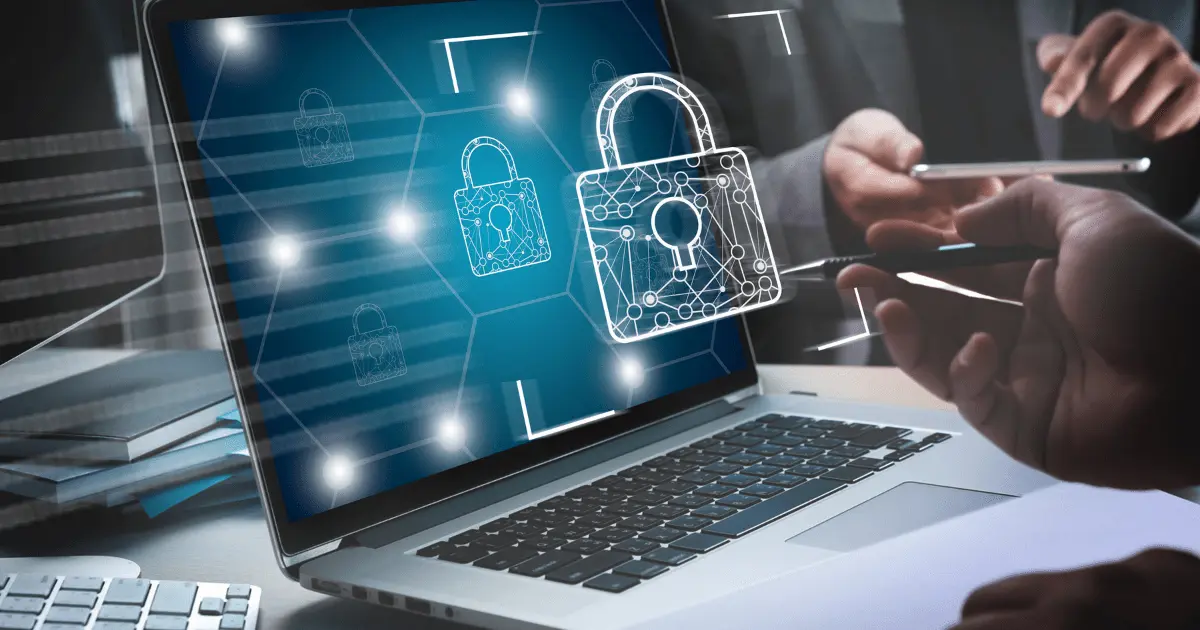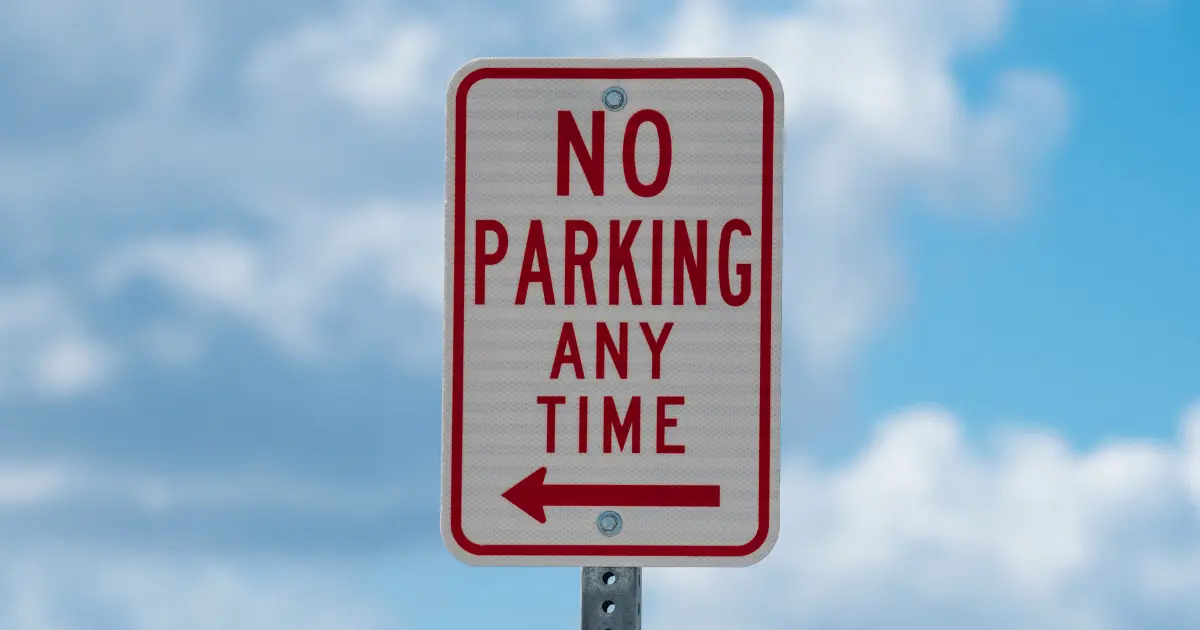Running a web-based business in today’s digital world comes with a unique set of challenges, and one of the biggest threats we face is cyber attacks. As a small or medium enterprise (SME) owner, you may think that only large companies are targeted by hackers, but that’s far from the truth. I learned this the hard way back in July 2021 when my own business was attacked by cyber criminals.
It started with a warning from Google Search Console—my website had been compromised. Malware had found its way onto my platform, and the stakes were high. With tens of thousands of visitors each month, many of whom were transacting using their credit card details, the potential for disaster was clear. The biggest fear, of course, was that hackers could steal my clients’ personal details, including passwords and payment information.
The stress of those 36 hours was intense. I was anxious, worried, and knew that I needed to act fast to prevent further damage. Fortunately, I was using Stripe, which meant the payments were secure, but the risk of my clients’ personal data being exposed was still very real.
I immediately hired a web developer with cybersecurity expertise to handle the issue. He scanned the site for any infected files, updated the content management system, and ensured the latest security software was in place. It was a scramble, but within a relatively short time, the problem was resolved. However, the cost—both financially and emotionally—was significant.
That experience changed how I approach cybersecurity in my business. I now treat it as an ongoing process, ensuring all systems and software are up-to-date and regularly patched. I’ve also learned the importance of having a backup plan, as well as access to skilled professionals who can step in when things go wrong. Even if it means using platforms like Upwork or Freelancer, finding an expert quickly is worth the investment.
For other SME owners, I can’t stress enough the importance of staying proactive about cybersecurity. Regular maintenance, employee education, and having a clear cyber attack response plan are essential. Follow the Australian Signals Directorate’s Essential 8 mitigation strategies, and keep an eye on compliance and patching. You may think it’s a problem for the big players, but SMEs are increasingly becoming targets.
Remote working and the shift to cloud-based systems have only increased the likelihood of cyber attacks. By taking steps now, you can protect your business from the kind of disruption I experienced—and avoid sleepless nights worrying about the security of your clients' data.



